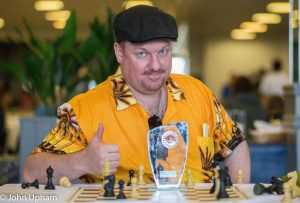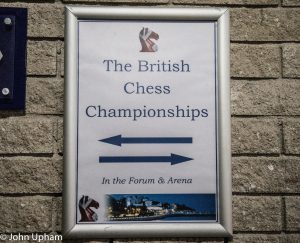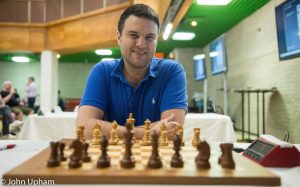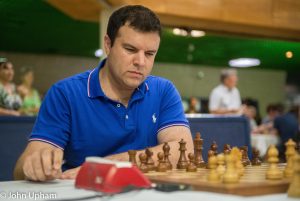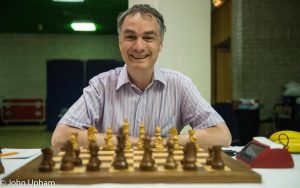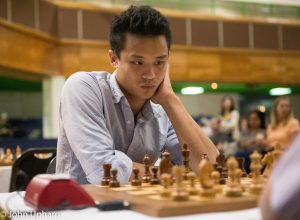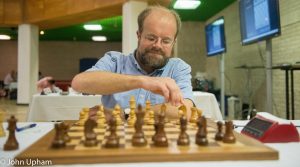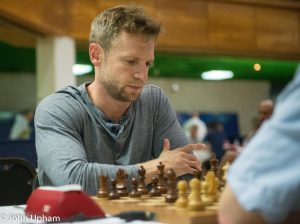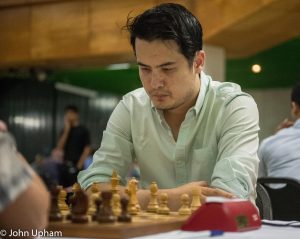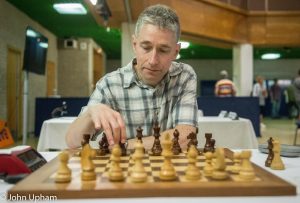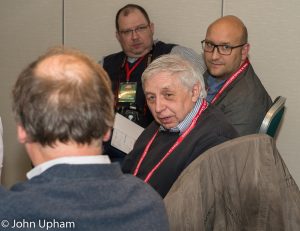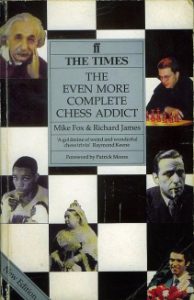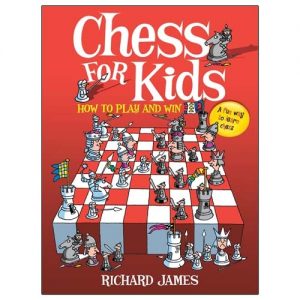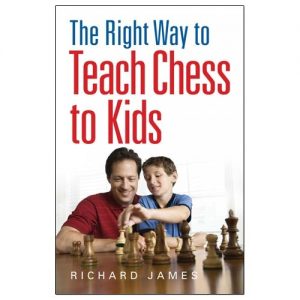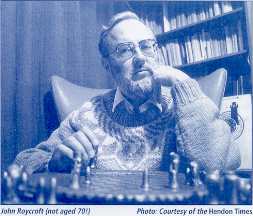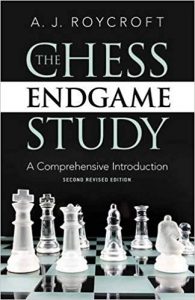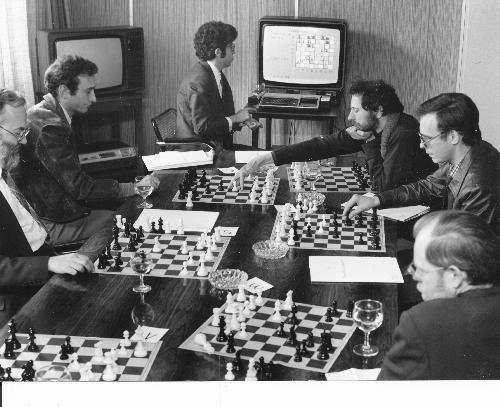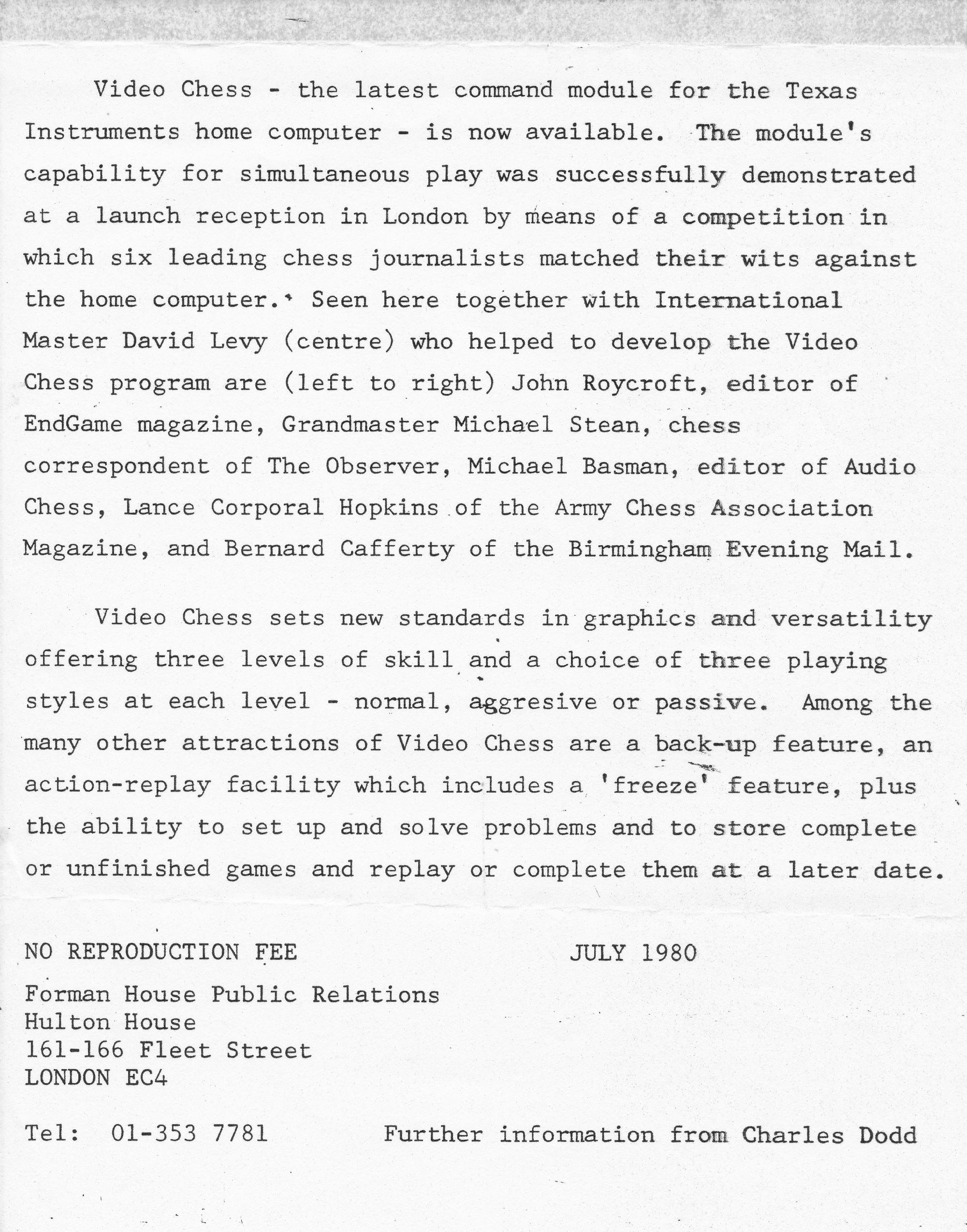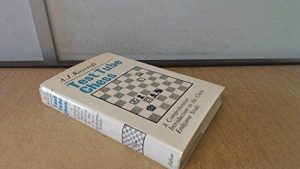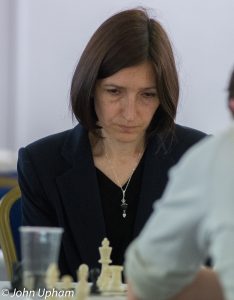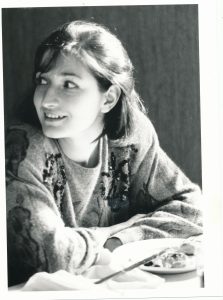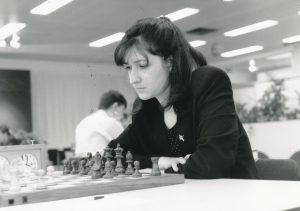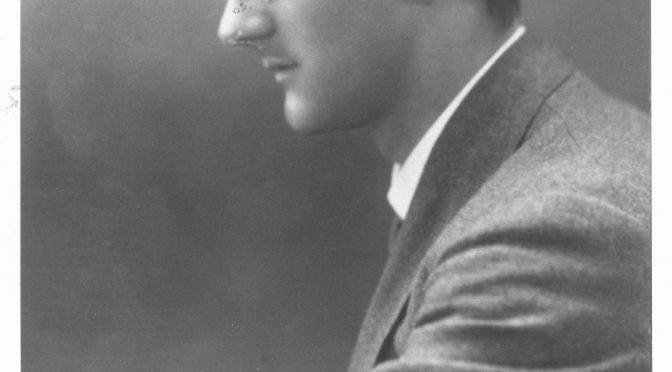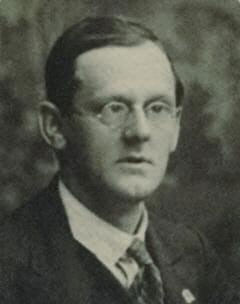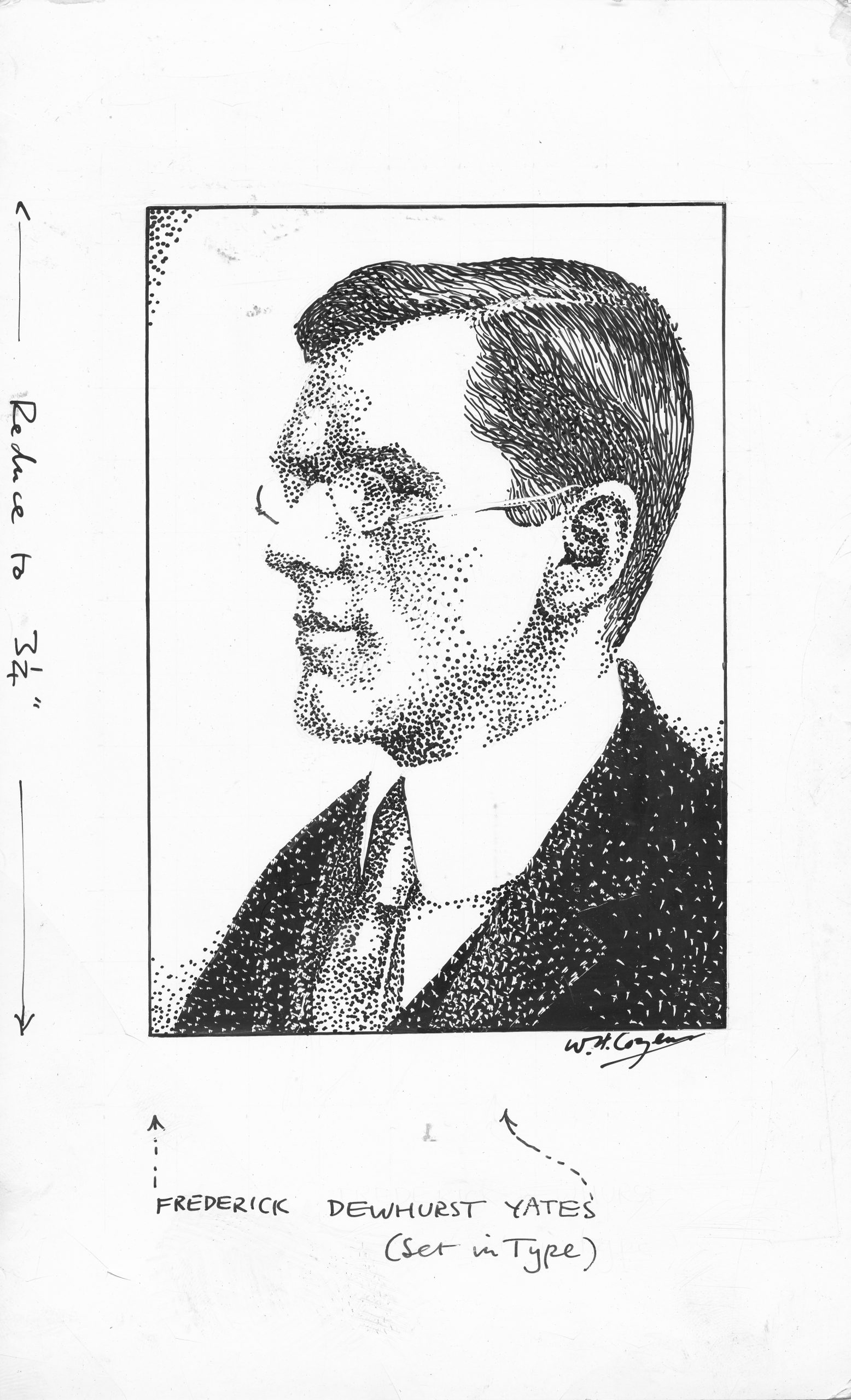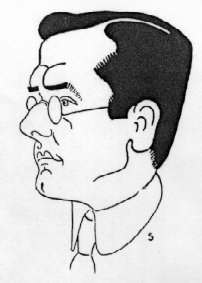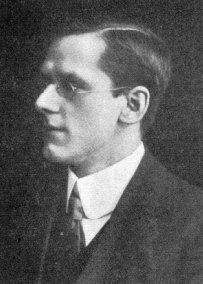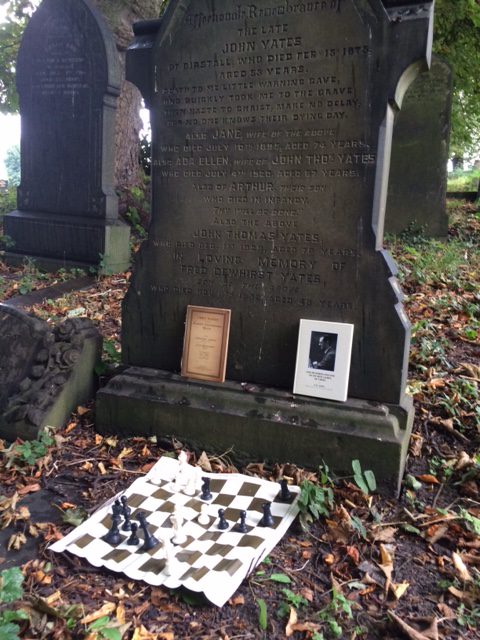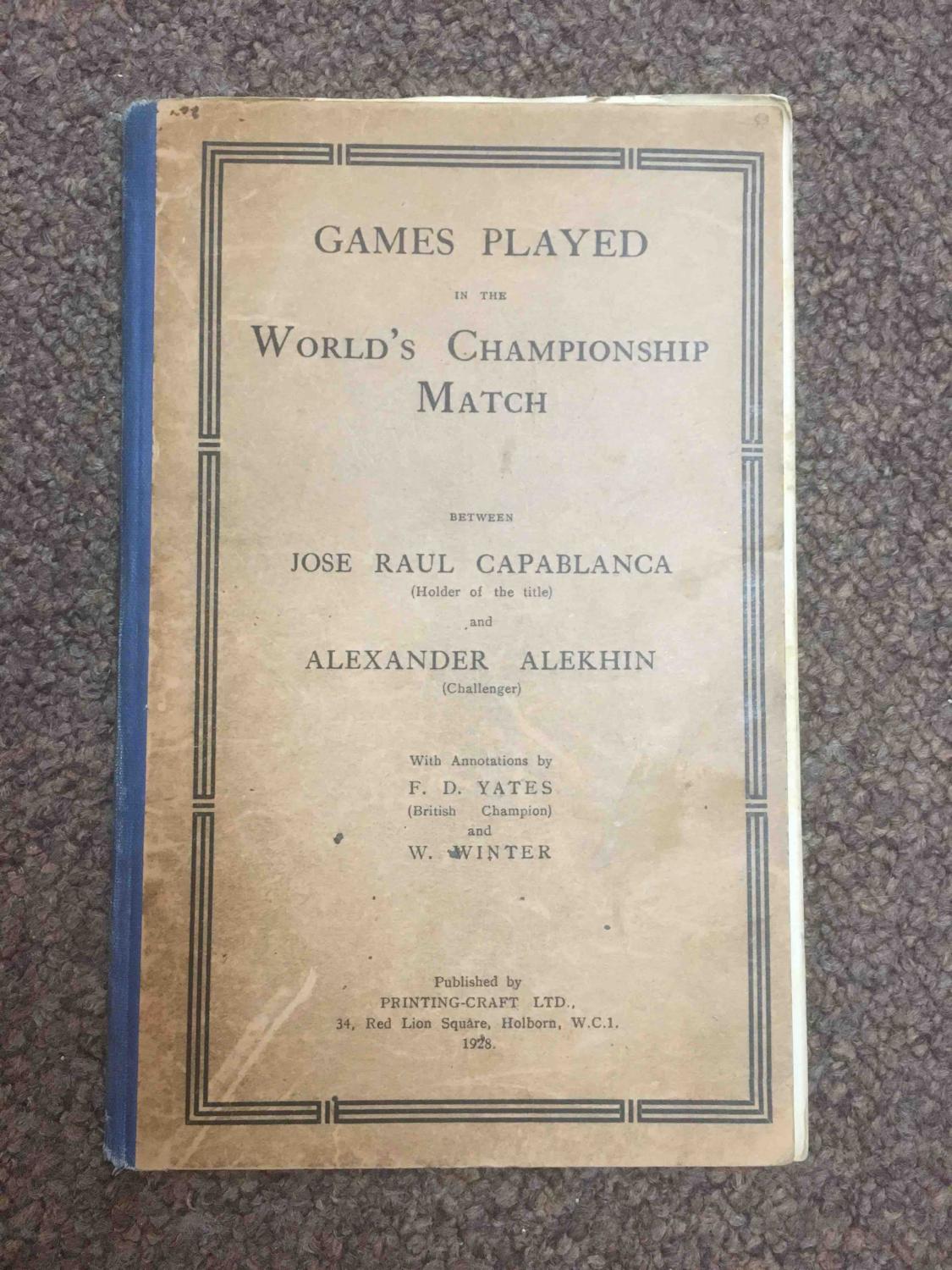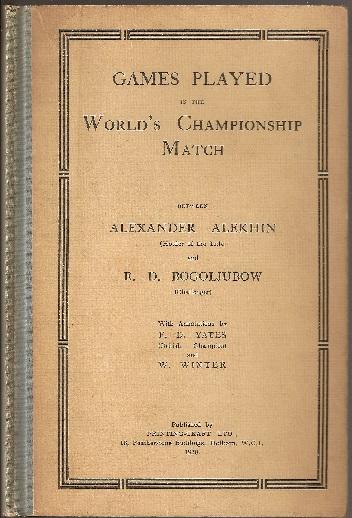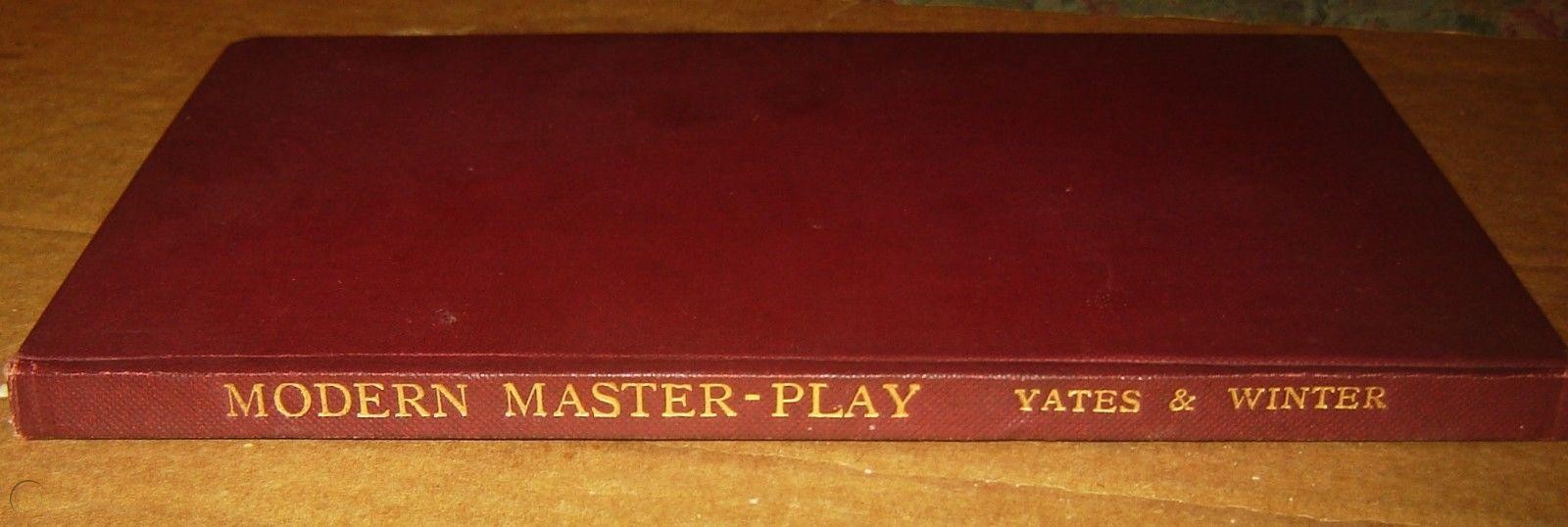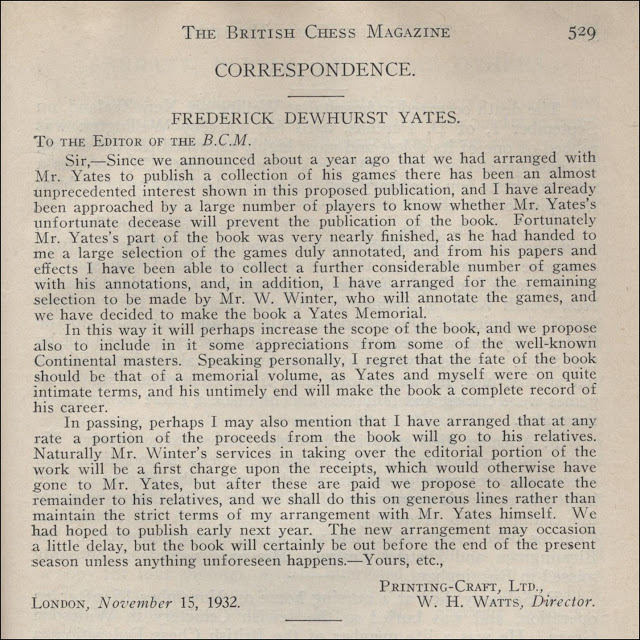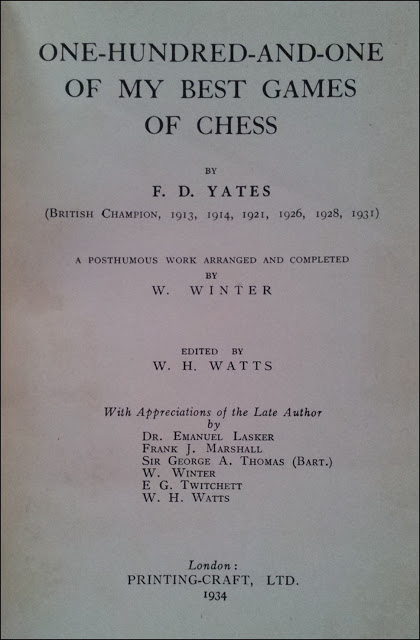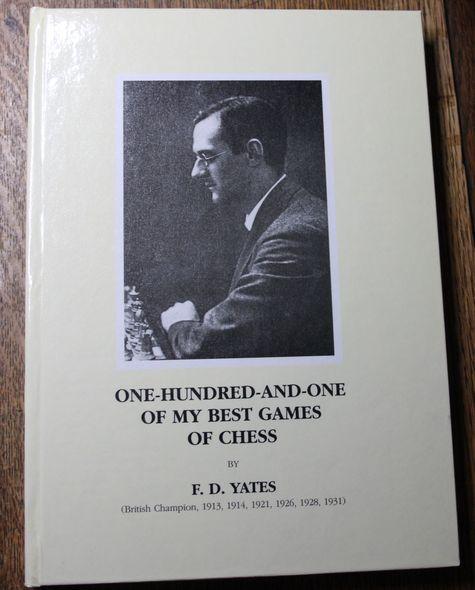We remember Henry Atkins who passed away, Monday, January 31st, 1955.
Henry Ernest Atkins was born in Leicester on Tuesday, August 20th, 1872 to Edward (a schoolteacher) and Jane Atkins (née Threapland).
He was baptised on August 6th, 1872 in the Anglican Cathedral Church of St. Martin, Leicester. At the time of the baptism the Atkins family was living at 57, King Richard’s Road, Leicester. The address in 2021 appears to be occupied by an industrial premise for Sunco Knitwear Specialists. The signatory on the baptism record is that of DJ Vaughan.

Henry was admitted to Wyggeston Boys Grammar School, Leicester on March 30th 1880 when eight years old. He was expected to leave at the end of the Winter Term in 1890.

Curiously his school admission record includes the following addition (although we don’t know exactly when) :
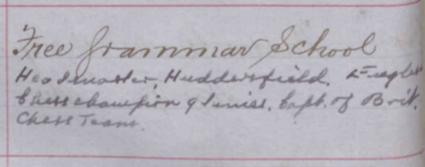
Henry, aged 18, went up to Peterhouse College, Cambridge in 1890 to study mathematics. From his year of entry he was ranked as 9th “Wrangler” studying for the Mathematical Tripos. As part of his Part II examinations he did well enough to be “mentioned” for the Smith’s Prize for examination performance.
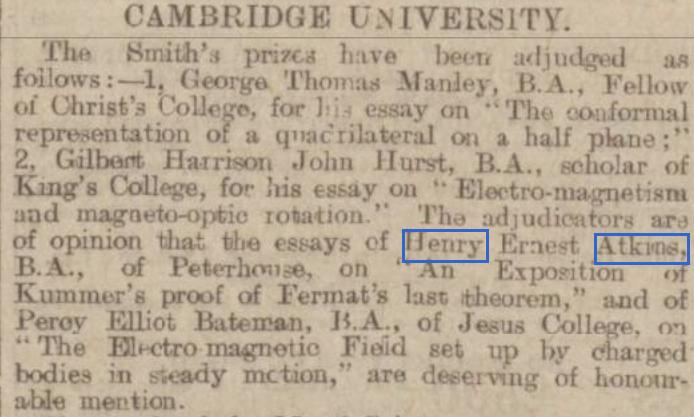
(Here is more on Kummer’s Proof of Fermat’s Last Theorem.)
Following University Henry became a teacher of mathematics at Northampton County Modern School and then returned to Wyggeston Boys Grammar School from 1902 – 1908. He then became the principal of Huddersfield College in 1909 and continued until 1915. Huddersfield College (founded in 1839) was merged with Hillhouse Technical School to form a new boys’ grammar school at a new campus at Salendine Nook with 950 boys.
According to Ranneforths Schach-Kalender (cited by C.N.), 1915, page 55, during the period at Huddersfield College Henry lived firstly at 49 New North Road, Huddersfield, Yorkshire :
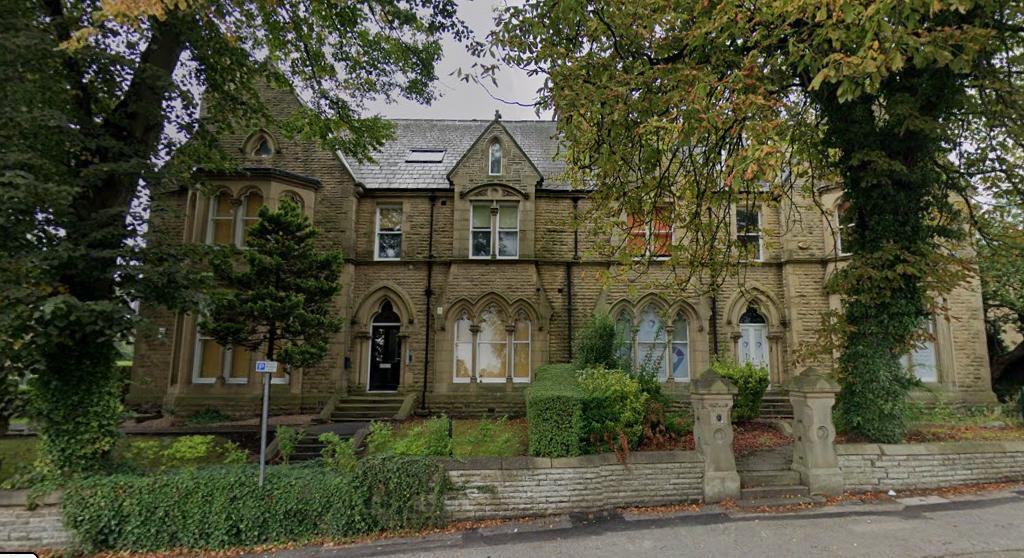
and then
36 Gledholt Road, Huddersfield, Yorkshire, HD1 4HP :
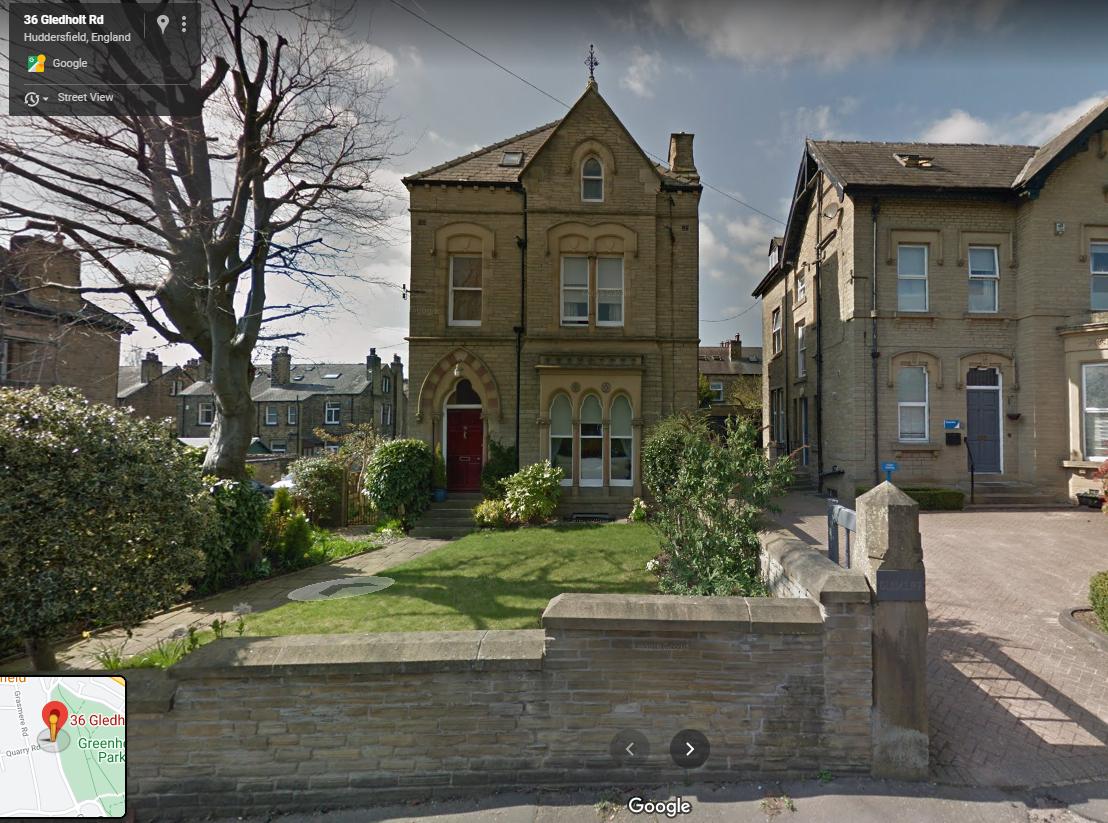
On June 1st, 1915 (aged 43) Henry was registered as a teacher whilst at Huddersfield College for the fee of one guinea :
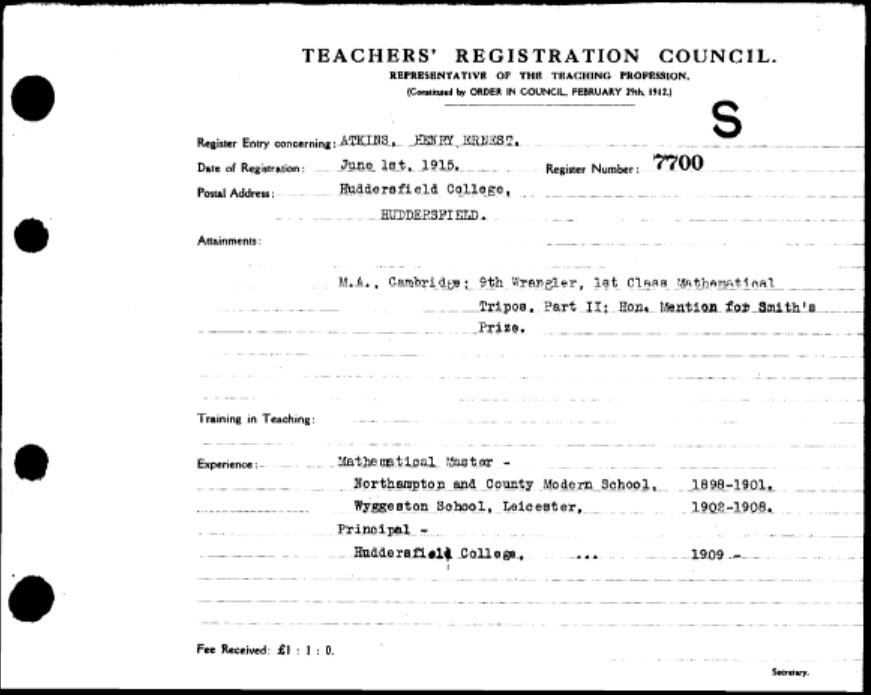
Henry retired from teaching in 1936.
In the 1939 register Henry (now a retired schoolmaster) was recorded as living with his wife, Elspeth Skene Atkins (née Wilson) at 29 East Avenue, Leicester, Leicestershire :
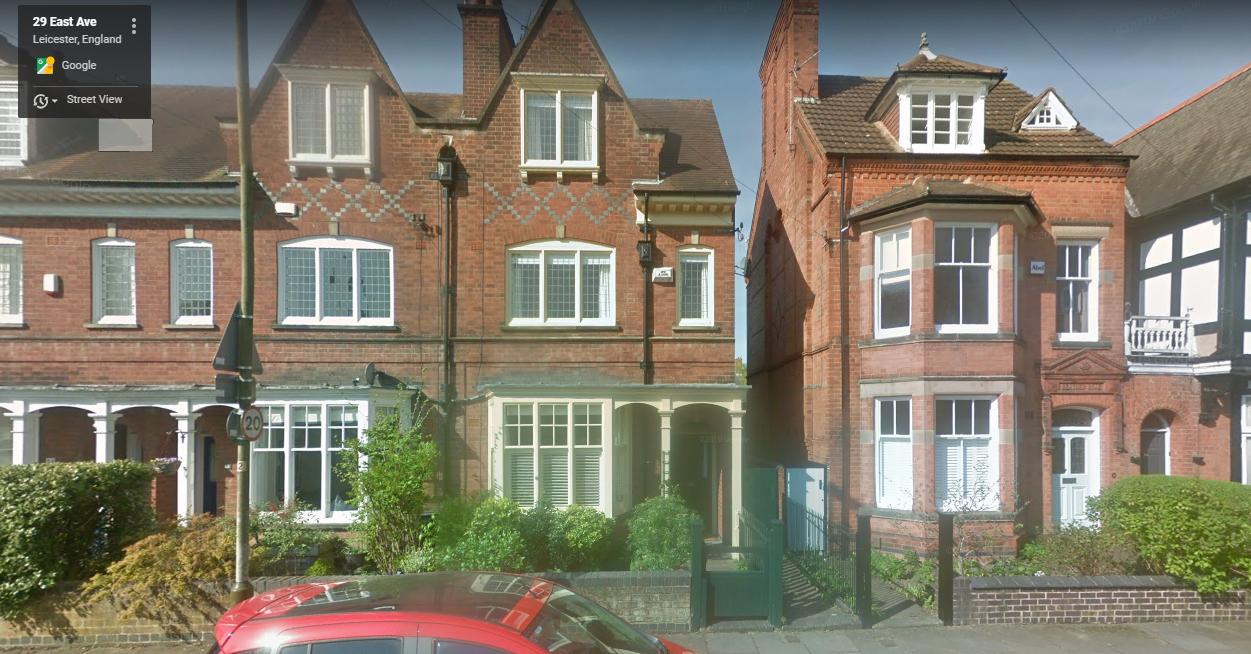
Elspeth was born on August 5th 1880 and was therefore roughly eight years his junior. She carried out “unpaid domestic duties” but as a member of the Women’s Voluntary Service (WVS) she was a surgical dresser. The WVS transformed into the RVS. It would seem that Henry and Elspeth did not have children. She outlived Henry passing away in 1973 in Southampton.
On Monday, January 31st 1955 passed away in The Fielding Johnson Private Hospital :


Henry was buried at Gilroes Cemetery and Crematorium, Groby Road, Leicester, Leicestershire, LE3 9QG.
In the October 1976 issue of Newsflash Badmaster (aka GH Diggle) wrote :
“… we well remember his giving a “simultaneous” at the Lincoln Chess Club in 1924, winning 17 and drawing two. One of his more elderly opponents (a notorious non-resigner) who for 30 moves had been wobbling along with a piece down until “time” had to be called, then proceeded to “demonstrate a draw” by concocting a continuation so optimistic that even clubmates with lifelong experience of his powers stood aghast. Atkins, with his greatcoat on ready to go home, made no attempt to refute this analytical masterpiece but merely remarked with great deference: “I don’t think we can play it quite like that!” and then beat a craven retreat “escorted by Club Officials”
From British Chess Magazine, Volume LXXV (75, 1955), Number 3 (March), pp.102-3 we have this obituary written by RN Coles :
“With the passing, on January 31st, at the age of eighty-two of Henry Ernest Atkins the chess world has lost a recognized international master, and British chess one of its strongest players of all time. Yet Atkins was the despair of chess enthusiasts because he played so little international chess and confined himself largely – and at that intermittently – to local affairs, where the strength of most of his opponents could hardly extend him. One leading player recently regretted that Atkins spent so much time “in the wilds,” but Atkins would have taken an opposite view and have considered that he was “in the wilds” if he had spent more of his time playing chess; teaching was his whole life, and the game of chess he insisted on treating as a game.
Consequently as a chess-player Atkins was almost always out of practice and playing below his true strength, yet in his five international events-Amsterdam, 1899; Hanover, 1902; London, 1922; London Team Tourney, 1927; and Warsaw Team Tourney, 1935-he scored 63.2 per cent, or if Amsterdam which was virtually a Hauptturnier is excluded, 53.5 per cent.
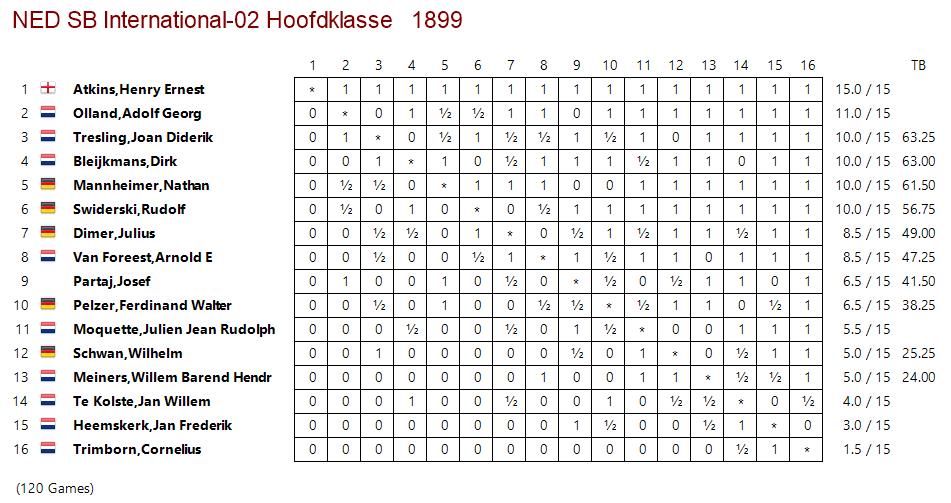
Sir George Thomas considered that only lack of opportunity prevented him from establishing himself in the world championship class. As it is, he will be remembered chiefly by chess-players as the man who played eleven times in the British Championship and won it nine times, failing only at the first attempt in 1904 after a tie for first place, and at the last in 1937, at the age of sixty-five, when he shared third place, a record which has never been remotely approached by any other player and is not likely to be. Atkins played in a clear-cut strategical style which makes his games ideal studies for the beginner, and he finished them with the elegance to enchant the artist; like the Etudes of Chopin, they provide technical exercises and works of art in one.
But I believe that if Atkins had his wish – and this wish I am sure he will have – he would wish to be remembered by his many pupils, whether they be pupils of the chess master or of the schoolmaster, not for any practical achievements but for being a true guide, philosopher, and friend to all who came under his tutelage.-R. N. C.”
From The Oxford Companion to Chess by Hooper & Whyld
English player, born in Leicester, International Master (1950), schoolmaster. Between 1895 and 1901 he played in seven minor tournaments, winning four, taking second place in three, and losing only three out of 70 games. In one of these events, Amsterdam 1899, he made a clean score against 15 opponents. In his first international tournament, Hanover 1902, he came third (+8=7-2) after Janowski and Pillsbury ahead of Mieses, Chigorin, and Marshall. Emanuel Lasker believed that Atkins would have joined the leading grandmasters had he continued his international career, but Atkins played in only one more big tournament (London 1922). He had a genuine concern for his profession, and preferred not to give more of his life to chess. He played in 12 of the Anglo-American cable matches, won the British Championship nine times (1905-11, 1924, 1925), and represented the British Chess Federation in the Olympiads of 1927 and 1935.
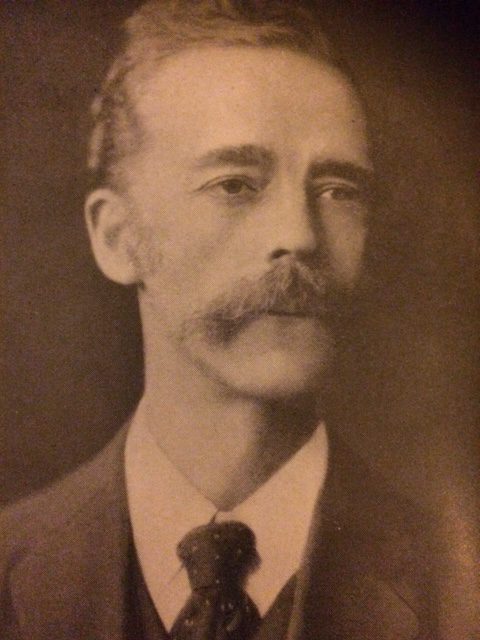
From The Encyclopedia of Chess by Anne Sunnucks :
International Master (1950) and nine times British Champion. Born in Leicester on 20th August 1872, Atkins learned the game at school in Leicester at the age of 12. When he was 15, he joined Leicester Chess Club and within two years was playing on top board. In 1890 he went up to Peterhouse, Cambridge, and played top board for the University. On leaving Cambridge he became a schoolmaster.
His first appearance in the British Championship was in 1904, when he came 2nd. The following year he won the championship and repeated his success every year up to and including 1911. He did not compete between 1912 and 1923, and on reappearing in the event in 1924, he regained his title and held it the following year. His final appearance in the British Championship was in 1937, when at the age of 65 he came =3rd.
In the five international events in which he played – Amsterdam 1899, Hanover 1902, London 1922 and the Chess Olympiads of 1927 and 1935 – he scored over 60 per cent.
His devotion to teaching and his insistence on treating chess as merely a game was all that prevented him from becoming one of the leading players in the world.
He died on 31st January, 1955.
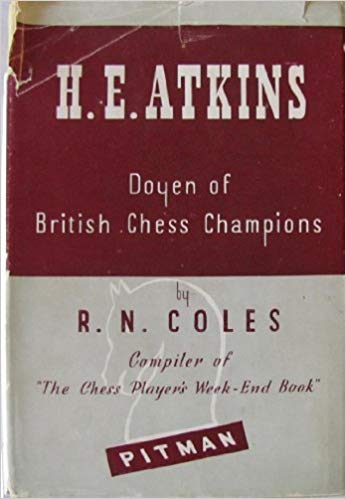
In the above book RN Coles points out that Atkins regularly played f4 or …f5 early in the game and claims this was HEAs pet or signature move.
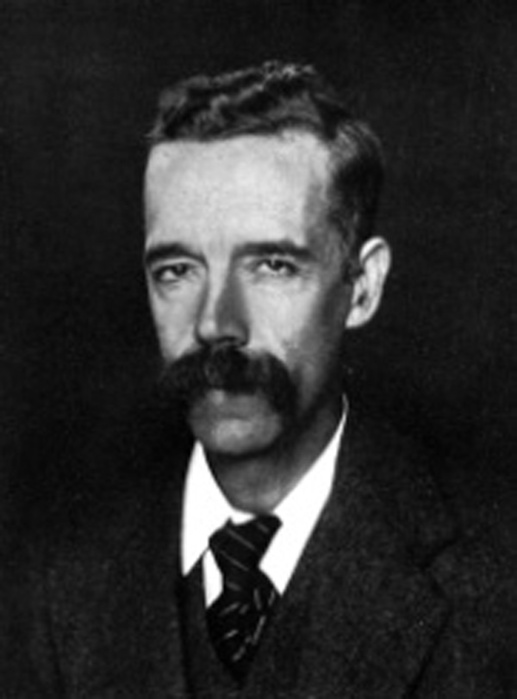
From The Encyclopaedia of Chess by Harry Golombek :
British international master and regarded by many as Britain’s more talented player in the history of the game. Born in Leicester and never very fond of leaving England. Atkins was a schoolmaster and devoted relatively little time to chess, and yet he became one of the strongest amateurs every known to chess. He was known on the Continent as “the little Steinitz“.
His record in British Championship is unique; out of eleven appearances he won the event nine times : 1905, 1906, 1907, 1908, 1909, 1910, 1911, 1924 and 1925. I t should be added that in 1904 (his first attempt) he finished 1st= and only lost to Napier after a play-off and in 1937 (his last championship) he finished =3rd at the age of 65!
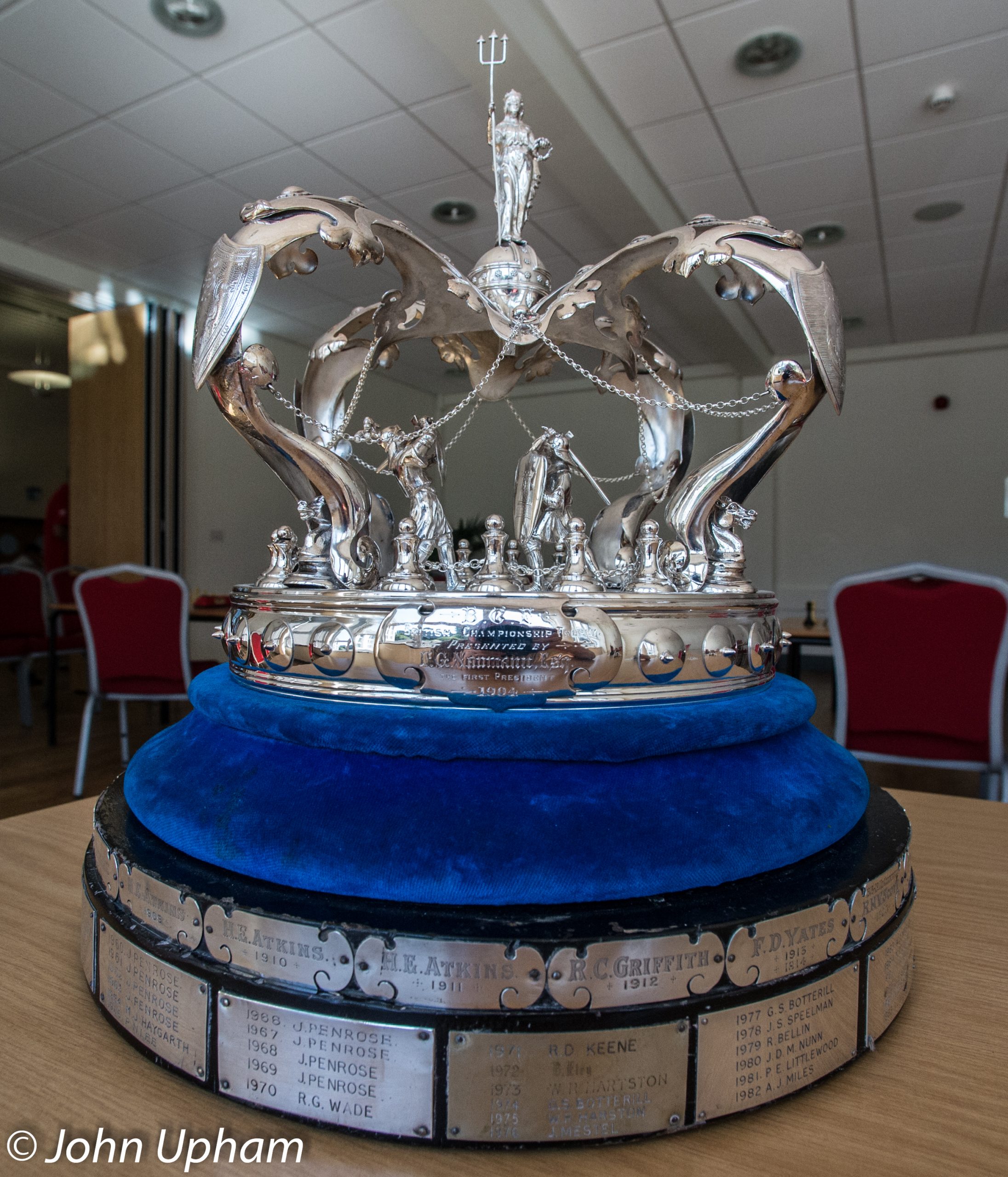
His international career comprises only six events. In 1895 Atkins was placed =2nd behind Maróczy in the Hastings Minor Tournament and in 1899 he won the Amsterdam tournament, leading the field by 4 points. At Hanover 1902 he scored his most notable result : 3rd prize behind Janowski and Pillsbury but ahead of Chigorin and Marshall among others. At London 1922 he finished only 10th of 16 but still claimed Rubinstein and Tartakower among his victims. He represented the B.C.F. in the Olympiads of 1927 and 1935.
Atkins was retrospectively awarded the title of international master in 1950 on his pre-war record. (Ray Keene).
According to chessgames.com : “He graduated from Cambridge and taught mathematics at Northampton and Wyggeston. In 1909, he was appointed Principal of Huddersfield College.”
From The Encyclopaedia of Chess (Robert Hale, 1970 & 1976), Anne Sunnucks :
“International Master (1950) and nine times British Champion.
Born in Leicester on 20th August 1872, Atkins learned the game at school in Leicester at the age of 12. When he was 15, he joined Leicester Chess Club and within two years was playing on top board. In 1890 he went up to Peterhouse, Cambridge, and played on top board for the University. On leaving Cambridge he became a schoolmaster.
His first appearance in the British Championship was in 1904, when he came 2nd. The following year he won the championship and repeated his success every year up to and including 1911. He did not compete between 1912 and 1923, and on reappearing in the event in 1924, he regained his title and held it the following year. His final appearance in the British Championship was in 1937, when at the age of 65 he came =3rd.
In the five international events in which he played – Amsterdam 1899, Hanover 1902, London 1922, and the chess Olympiads of 1927 and 1935 – he scored over 60 per cent.
His devotion to teaching and his insistence on treating chess as merely a game was all that prevented him from becoming one of the leading players in the world.
He died on 31st January, 1955. ”
Here is an article from the Yorkshire Chess History site
and here is an obituary from the MCCU site
Here is his Wikipedia article
and here is an excellent article on chess.com
Recently renowned journalist and write John Saunders has turned his attention to HEA.



